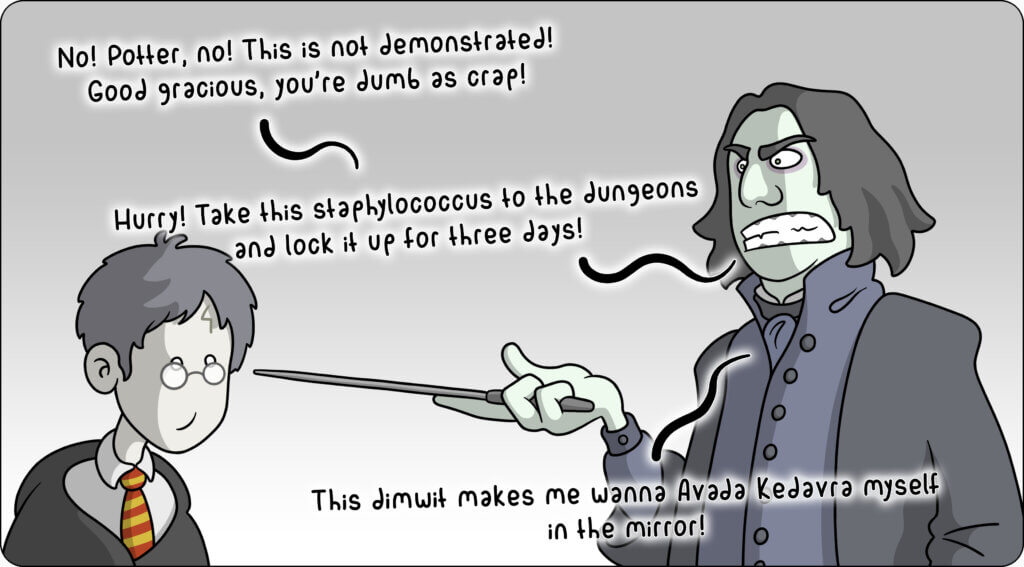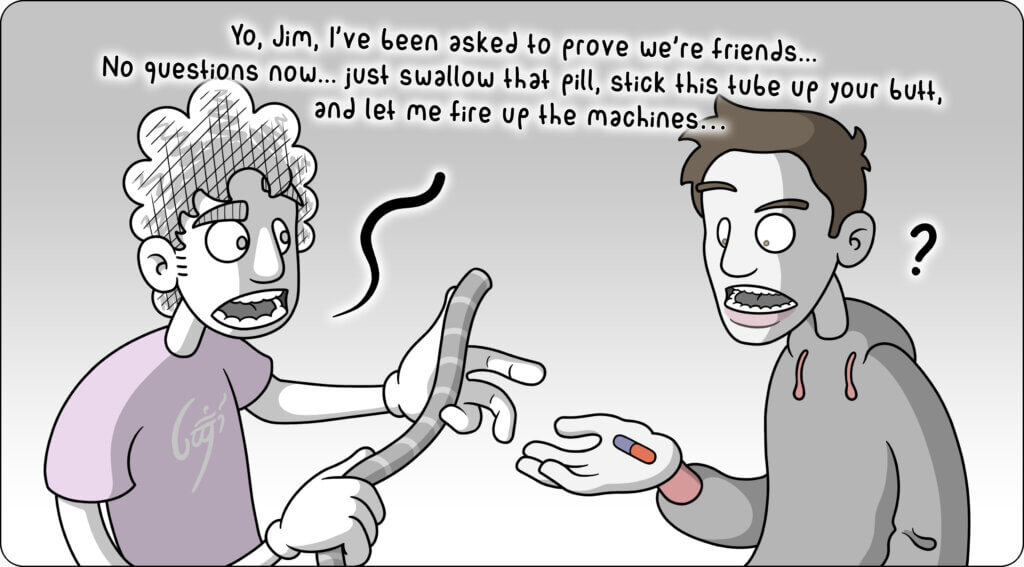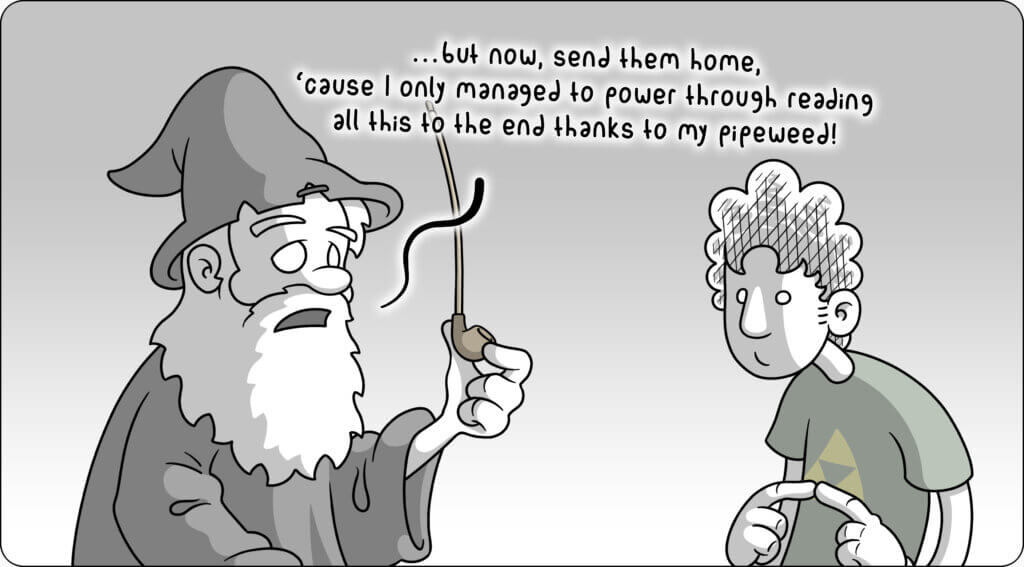1 • Apologetics: what’s that?
To be on the safe side, to explain the meaning of the word apologetics, I’ll begin with the words of Peter:
But in your hearts revere Christ as Lord. Always be prepared to give an answer to everyone who asks you to give the reason for the hope that you have. But do this with gentleness and respect.
(1Pt 3:15)
Apologetics (from the Greek ἀπολογία, apologhìa «speaking in defense») «aims to affirm the reasonableness and credibility of faith».
Put another way, since – for a Christian – faith is supported by reason, we can take the book of catechism, open up to a random page and ask ourselves the “why” of what is written there, reasoning it over without dragging expressions that fall from the sky into it like, «because the Church says so» or «because God wants it that way».
2 • Apologetics: what it does NOT mean!
“Apologetics” does not mean “fighting tooth and nail” with anyone who is not Christian or playing Crusader:

Just as it is not apologetic (or even Christian) to behave like «we will help out poor God who – poor thing – isn’t capable of it all alone»:

3 • Reason
Let me take a step back, and stop at the first words of Peter’s phrase that I highlighted above in red: “to give an answer to everyone who asks you to give the reason”.
When it comes to reason and reasonableness, one often falls into a misunderstanding:
«Rational» and «demonstrable» are taken to be synonyms.
Now, it is true that reason, especially in the scientific/empirical/analytical field, spurs human intelligence to better understand reality, model it, make it its own: to demonstrate, in short.
The desire to demonstrate, however, is only one aspect of reasonableness.
“Demonstrable” – if you will – could be a subset of “reasonable”.
But the two do not coincide.
The meaning of the word “demonstrate” – dictionary in hand – is “to prove with reasoning, with experiments or otherwise, the truth of a principle, of a thesis, the accuracy of what is said”.
Which is kind of what they make you do at school, when the professor has you recite the proof of a theorem (sometimes in a parrot-like way).
In these cases, the teacher follows the reasoning you’re presenting, but if you skip over a passage, you get called out…

Demonstrability, however, is just one of many faces of reasonableness.
In fact, I’ll take it further…
There are many aspects of reality (perhaps the most important) that paradoxically are not demonstrable (at least, not according to the dictionary definition)!
But this does not make them untrue!
Let me give you an idiotic example: I know people about whom I can say, “He is my friend!”. But if someone were to say to me, “Prove it!”, how would I prove it to them? By reasoning about it? Applying mathematical formulas to the question? Following the scientific method? Using laboratory equipment?

With all due respect for those who would like to apply this method to every sphere of existence, there are dimensions of reality in which this kind of method cannot be applied.
4 • Faith and reason
Without splitting hairs, I’d define reasonableness as:
«An openness of the intelligence to the totality of reality»
…and not…
«The search for an analytical demonstrability»
Getting back, therefore, to what I was saying about apologetics (which we said “is intended to affirm the reasonableness and credibility of faith”), reason allows a Christian to dialogue even with those who are not Christian, while allowing them as well to admit the value of reason.
For those who believe that “faith” and “reason” are two things that cannot get along, I’ll leave here below some words that Pope Benedict XVI said on the occasion of two apostolic journeys:
«Not to act in accordance with reason is contrary to God’s nature»
(BENEDICT XVI, Fede, Ragione e Università. Ricordi e riflessioni, from the meeting with representatives of science on September 12, 2006, on the occasion of the apostolic journey to München, Altötting and Regensburg)
[Sectarianism and fundamentalism] emerge when insufficient attention is given to the purifying and structuring role of reason within religion.
(BENEDICT XVI, from the meeting with representatives of civil and political society, academics, culture and business leaders, members of the Diplomatic Corps and some religious figures in Westminster Hall in London on September 17, 2010, on the occasion of the apostolic journey to the United Kingdom for the beatification of Cardinal John Henry Newman)
5 • Doing apologetics “…with gentleness and respect”
On social media, satire against everything that is “churchy” is still all the rage:
- memes according to which selling the Pope’s ring (weighing just a few grams of gold) could feed the Congo;
- cartoons with Christians all lined up like flocks, who get lobotomized by the evil priest of the moment at the entrance to the church, who tears out their brains (since there is no need for it in church);
- the cliché of religion being “the opium of the people” or a “tool for control”;
- Vatican conspiracies…
I confess that – though I’ve calmed down some in recent years – when I see some of these cartoons, there is still that half a second when I’m about to turn into Negan from The Walking Dead:

Right.
So Peter’s invitation (“But do this with gentleness and respect”) is a prayer for all hot heads like me, who when they talk about these things with others tend to get heated up, to want to “win” the conversation, to exhaust the interlocutor until they say “you are right”, to want to break a chair over the head of those who mock what is closest to your heart… to lose the apologetic intent, in short.
6 • Conclusion
So I would like this blog to be not a battleground, but a free zone for dialogue (with those who believe, with those who do not believe, with those who still have to think about it, and with those who never will think about it).
Over the years – weather permitting – I will try to thrash out many of the questions that have recently been stirring in my thoughts:
- Did Jesus really exist?
- And what did he teach?
- Why was he sentenced to death?
- What do you have to say about the Inquisition?
- And the relationship between faith and science?
- And the Big Bang?
- And the relationship between Christianity and the other religions?

Over and out.
sale
(Fall 2016)